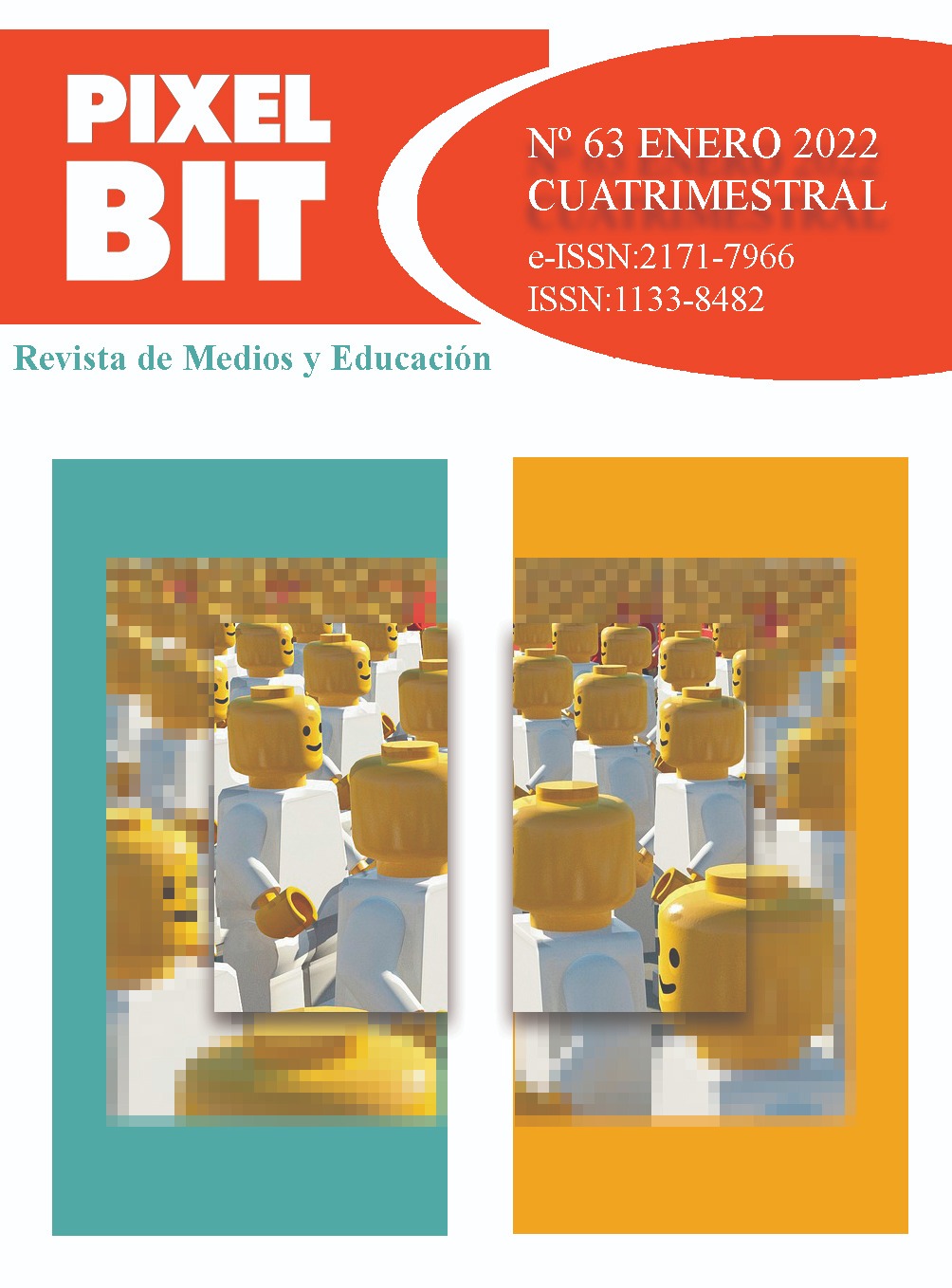Abstract
Teaching Digital Competence is becoming a consolidated line of research, being the focus of numerous investigations. The European Commission published in 2017 the Digital Competence Framework for Teachers: DigCompEdu, in which the present study is framed, and whose main objective is to ascertain what perception the teaching staff of the Pablo de Olavide University have about their level of digital competence. With a non-experimental design, and under a descriptive approach, this study focused on the participation of 214 teachers who were administered the questionnaire (DigComEdu Check-in). The analyses accomplished focus on a first descriptive approach with mean scores and standard deviations, by items and areas. The main results show a young sample, but with more than 10 years of experience, who recognise that they have been familiar with the use of information and communication technologies (ICT) as an educational tool for some time and who recognise themselves as having an "Acceptable" level of Digital Competence.

This work is licensed under a Creative Commons Attribution-NonCommercial-NoDerivatives 4.0 International License.
Copyright (c) 2022 Pixel-Bit. Media and Education Journal

